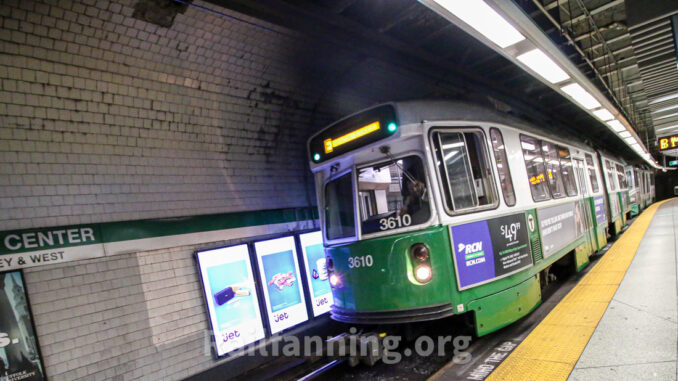
(The Center Square) – Chronic staffing shortages and deferred maintenance were again cited as some of the key reasons behind the continued challenges facing the Massachusetts Bay Transportation Authority as state officials went before a legislative panel.
The Joint Committee on Transportation recently held its second in a series of ongoing hearings on the MBTA, which has been under scrutiny in recent years.
This year, the operation has faced mounting criticism for such mishaps as the July incident that resulted in one of the MBTA’s Orange Line trains catching fire on a bridge over the Mystic River, prompting passengers to smash windows as a mode of escape.
The Federal Transportation Authority has been working with MBTA officials and other state authorities on the litany of issues that have built up within the operation over the years. Federal officials have ordered a series of specific improvements to bring the entire operation into compliance.
At the committee’s second hearing, held Sept. 14, panelists took testimony from several state officials who have been intricately involved with MBTA decisions as efforts to address a myriad of issues – from safety concerns to allegations of low employee morale – have arisen.
“The safety of our customers has been, and remains, our top priority,” Betsy Taylor, chair of MBTA’s board of directors, said. “The MBTA has a lot of work to do to make the system safer.”
During her testimony, Taylor defended the board’s controversial move of transferring $500 million from the T’s general budget, for operations and maintenance, to a separate pool of funds dedicated to capital improvements.
“(Deferred maintenance) did not happen overnight, nor did it happen in a single decade,” Taylor said. “It will not be quick or easy to catch up on that much-needed work. It will take years of dedicated resources and hard work to bring the key assets to a state of good repair.”
Matthew Nelson, chair of the Massachusetts Department of Public Utilities, also provided testimony at the Sept. 14 hearing. The DPU has oversight of the MBTA.
In his testimony, Nelson said the DPU plans to double down on its efforts to improve safety on MBTA’s rail lines by increasing staffing so there is more field work taking place.
At one point, Nelson was questioned about the DPU’s communications efforts. On the whole, information concerning MBTA-related matters has been criticized as issues have arisen this year.
Nelson, in response, said his job “isn’t to issue press releases,” but instead is to take an analytical look at the systemic issues facing the MBTA and work toward solutions.
“We’ve been working in coordination with the FTA. We’ve been meeting all of the deadlines and reported all of the information,” Nelson said. “We’ve been on site and at every major accident, analyzing what has gone wrong with those incidents. Our fundamental goal is to ensure that MBTA is taking those right steps to make those improvements.”

